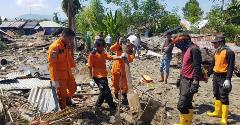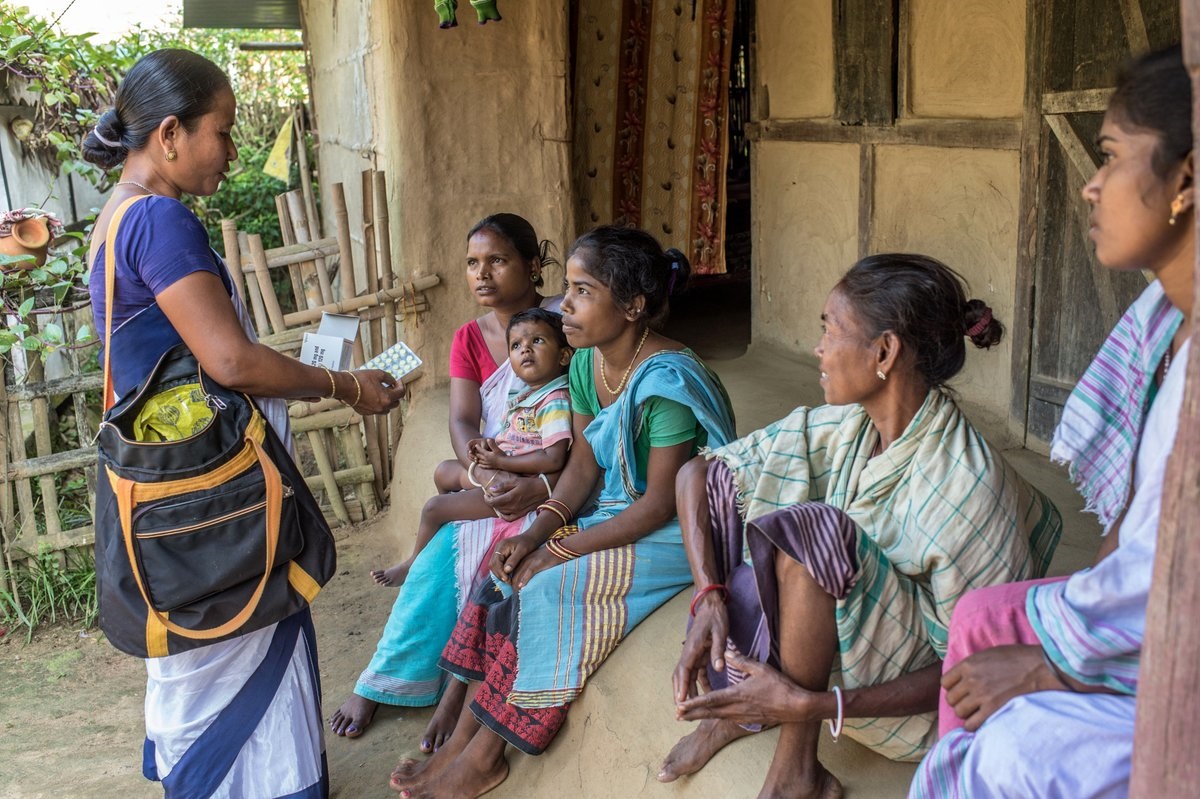Hypertension is a silent killer that rarely causes symptoms. Increasing public awareness about hypertension is key, along with access to early detection and management.
The theme of World Hypertension Day, 2023 is ‘Measure Your Blood Pressure Accurately, Control It, Live Longer’. People need to know why raised blood pressure is dangerous, and how to take steps to control it. The theme of the day provides an opportunity for health managers to advocate for increased availability and use of digital blood pressure measurement devices across healthcare facilities to scale up screening and monitoring.
Hypertension is a major risk factor for premature mortality among adults across the globe. Demographic transition, rapid unplanned urbanization, and the globalization of unhealthy lifestyles are factors that are escalating the burden of hypertension as well as other NCDs.
In the WHO South-East Asia Region, the burden of hypertension is massive with more than 245 million people above 30 years estimated to have raised blood pressure. Nealy half of people living with hypertension are unaware of their condition and only about one-third are on treatment, which increases the risk of heart attacks, stroke, renal failure, and other end-organ damage.
Hypertension can be prevented and controlled. Countries need to invest in strong public health measures and create an enabling environment to reduce modifiable risk factors and promote a healthy lifestyle. Scaling up hypertension prevention and treatment services at the primary health care level requires political will and investment in health systems.
Prevention of NCDs through multisectoral policies and plans with a focus on best buys is a flagship of the South-East Asia Region. All countries of the region have made investments to address the burden of risk factors for NCDs with noticeable gains. In the last decade, the region has witnessed a decline in age-standardized tobacco use prevalence. Six countries have implemented at least one evidence-based intervention for reducing salt intake, five countries have strengthened taxation of sugar-sweetened beverages, and three countries have adopted regulations for the elimination of trans fatty acids, covering more than 1.6 billion people.
Countries in the region have made targeted efforts to scale up hypertension coverage services at the primary health care. Over the past five years, 10 million more people with hypertension have accessed protocol-based management, almost doubling the control rate, from 26% to 47%. Countries have revised evidence-based clinical protocols to align with the WHO HEARTS technical package, introduced team-based care, improved the availability and accessibility of quality medicines and equipment, and introduced systems of monitoring individual patients with a unique identification to measure treatment adherence and periodic control rates of hypertension. Together the region is focusing on escalating the number of people with hypertension enrolled in standard care with improved control rates.
The 'Implementation roadmap for accelerating the prevention and control of noncommunicable diseases in South-East Asia 2022–2030', endorsed at the 75th Regional Committee Meeting guides the Region on key priorities to sustain, accelerate and innovate. The regional roadmap calls for the following five areas for acceleration. First, raise public awareness and political commitment, and implement cost-effective, feasible, and impactful policy measures in the country context to reduce risk factors. Second, set up national targets on the numbers with raised blood pressure to be placed on standard care for improved control rates. Third, accelerate measures to put systems and services in place for early detection and treatment of hypertension at the primary health care level. Fourth, include a context-specific NCD intervention package to be part of the universal health coverage benefit package to reduce the financial burden from complications of uncontrolled hypertension. Fifth, improved health information systems for monitoring progress and reporting including hypertension care cascade.
WHO stands committed to supporting countries to reduce the burden of hypertension and related cardiovascular diseases and to reduce premature mortality from NCDs.







